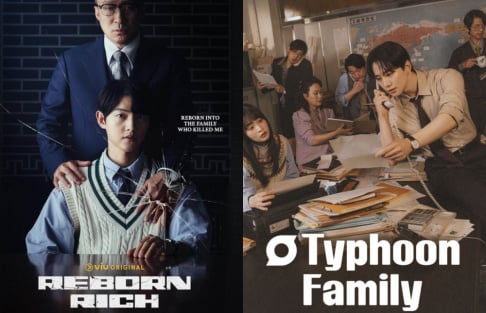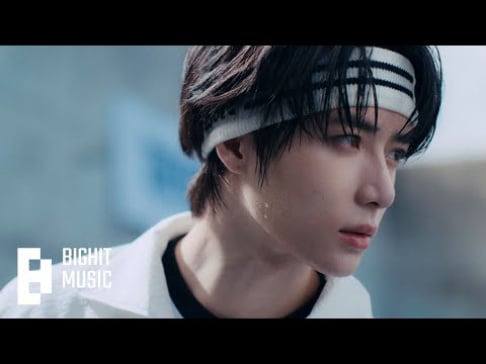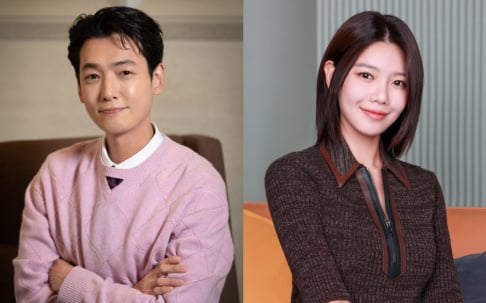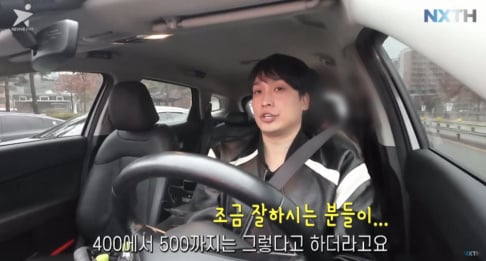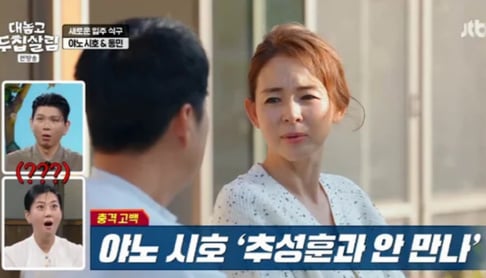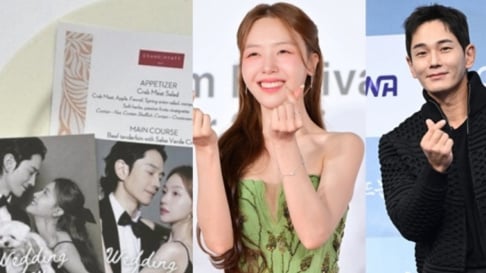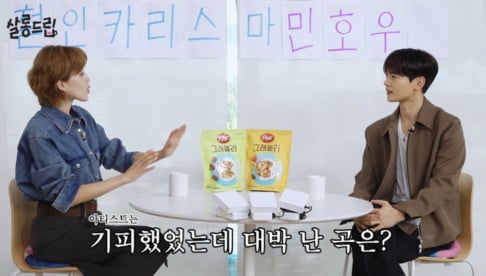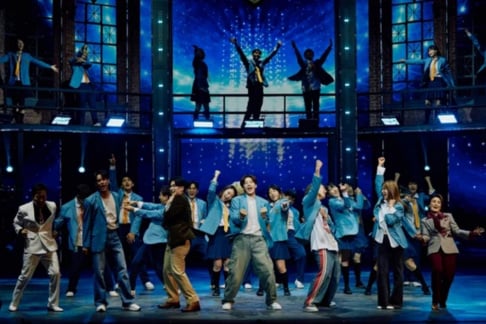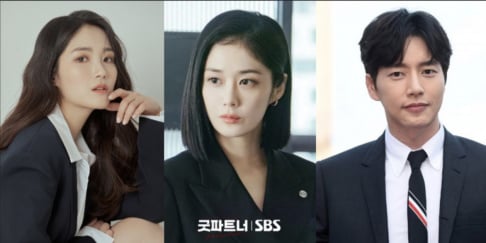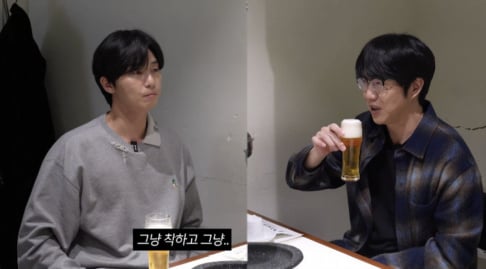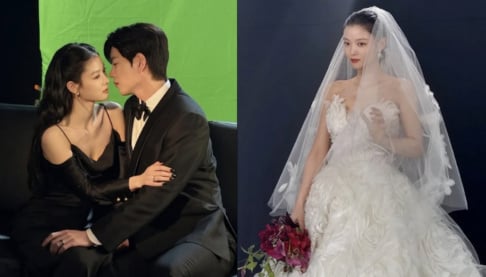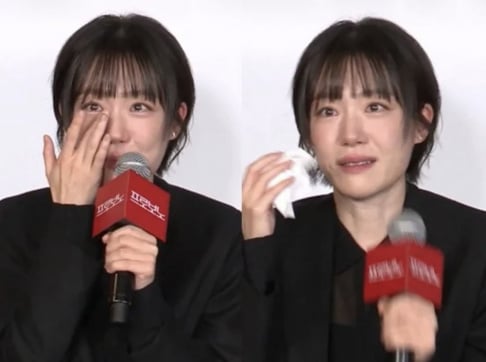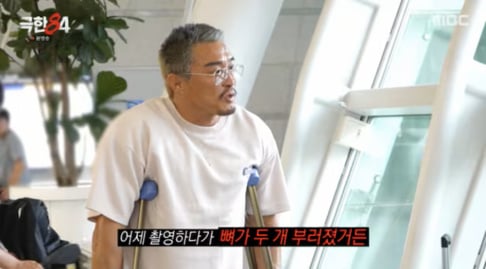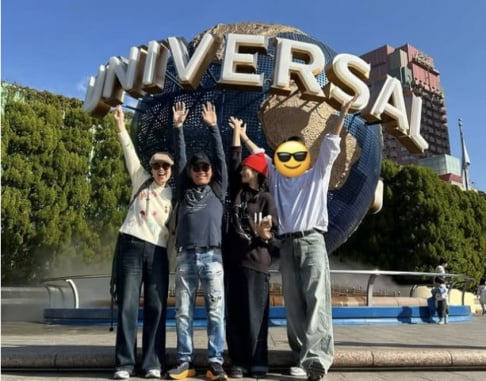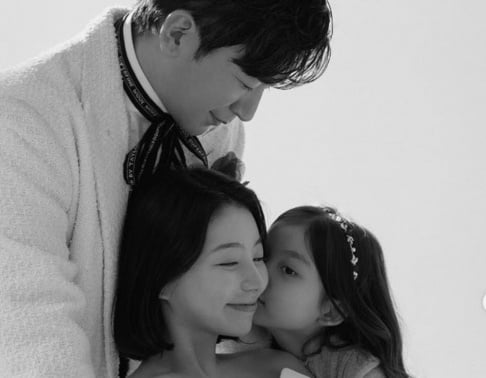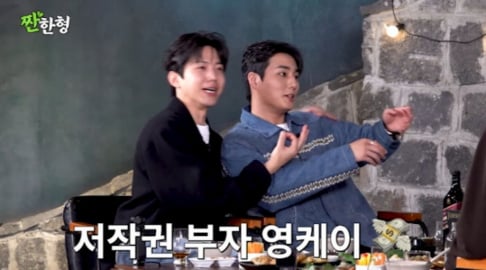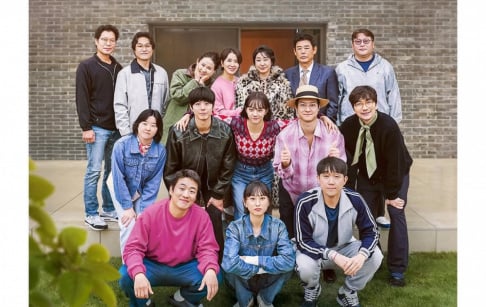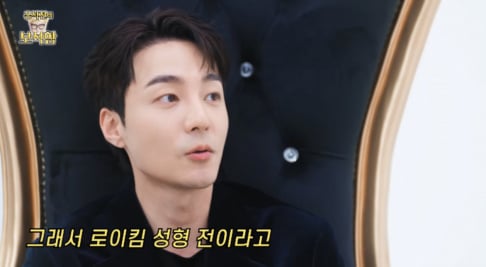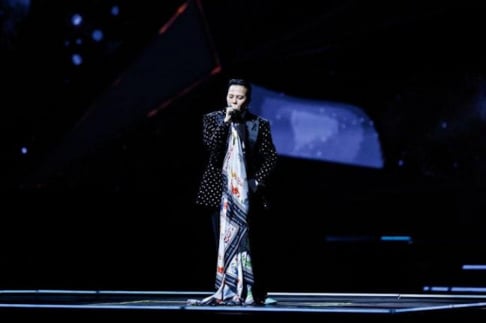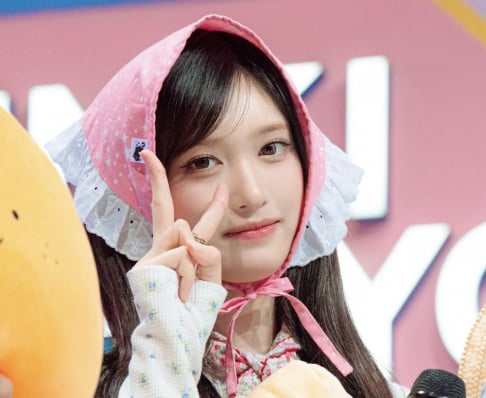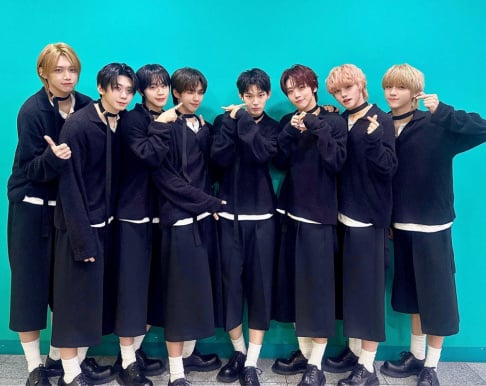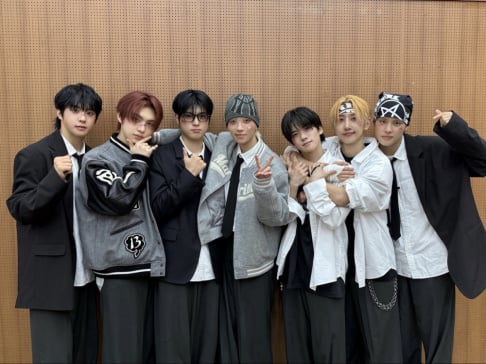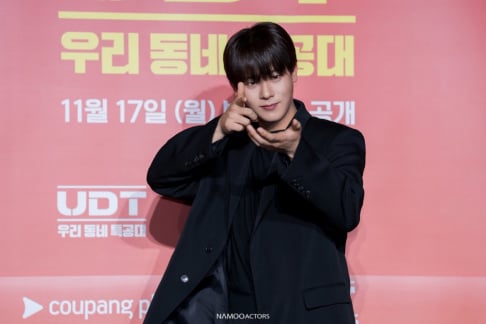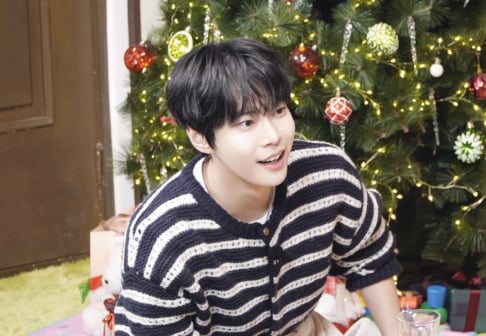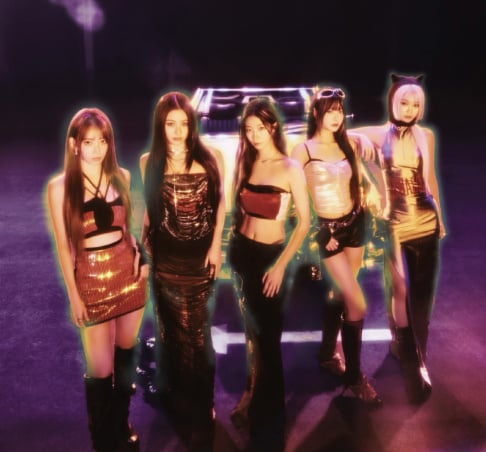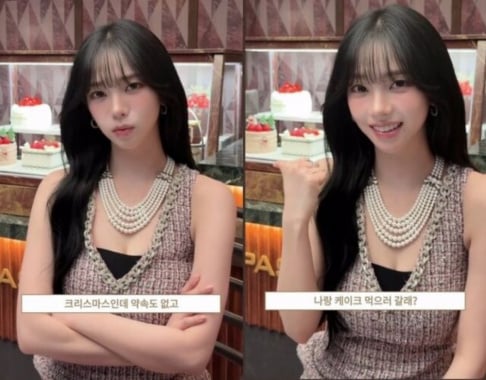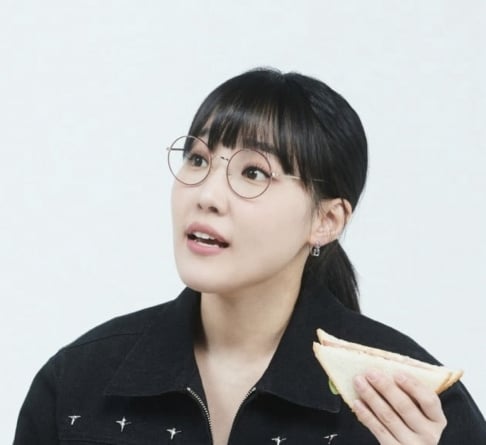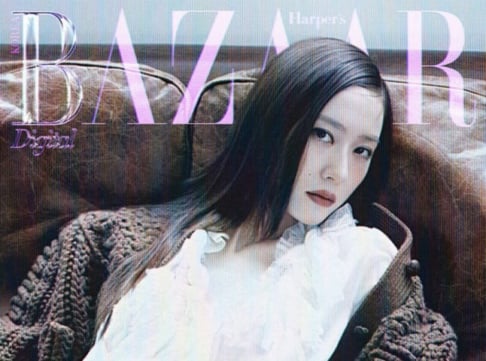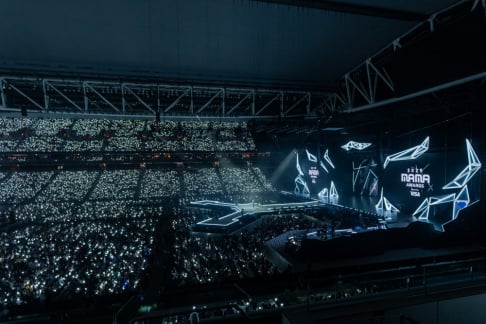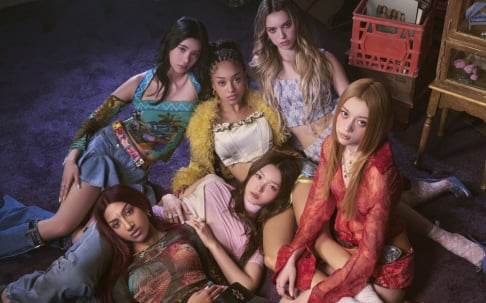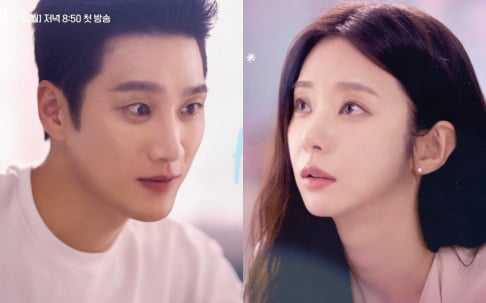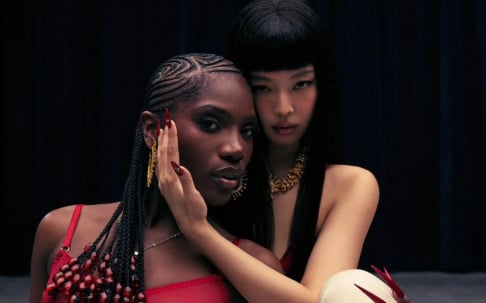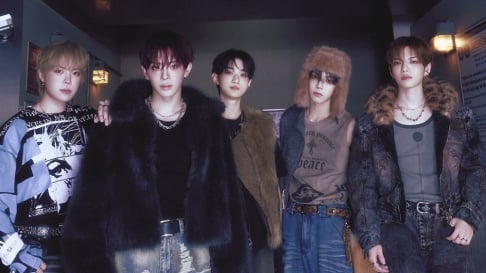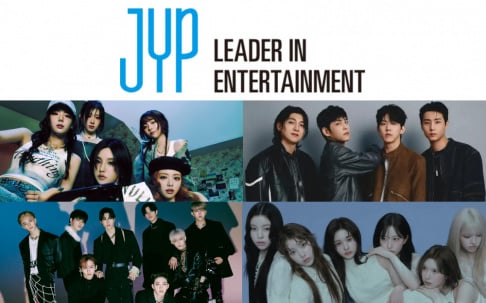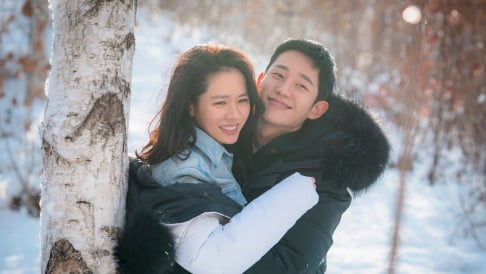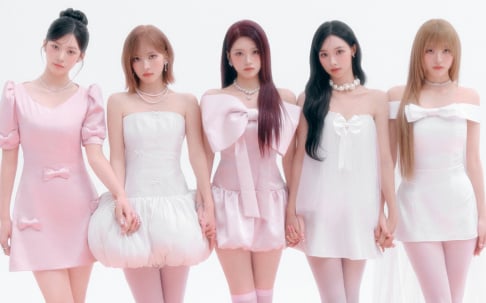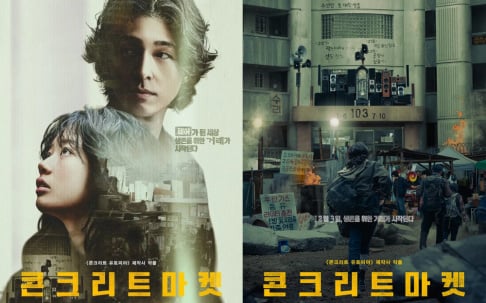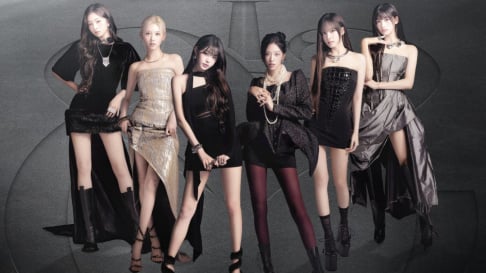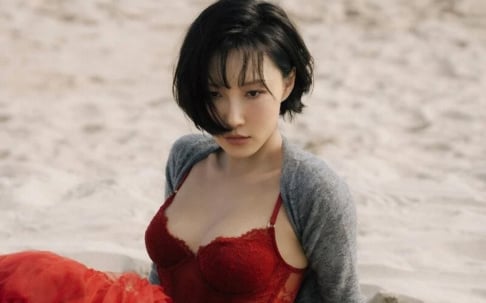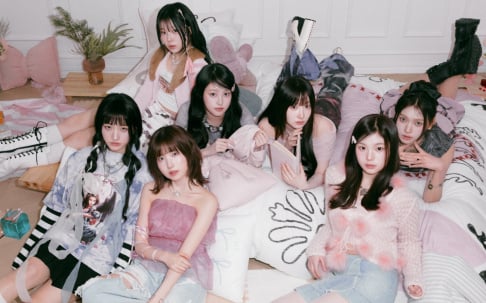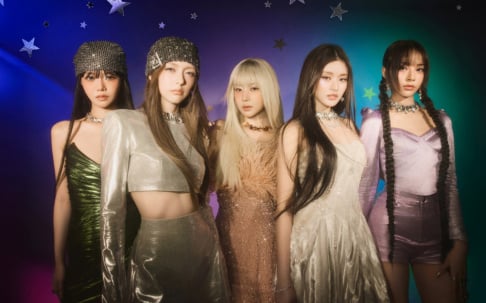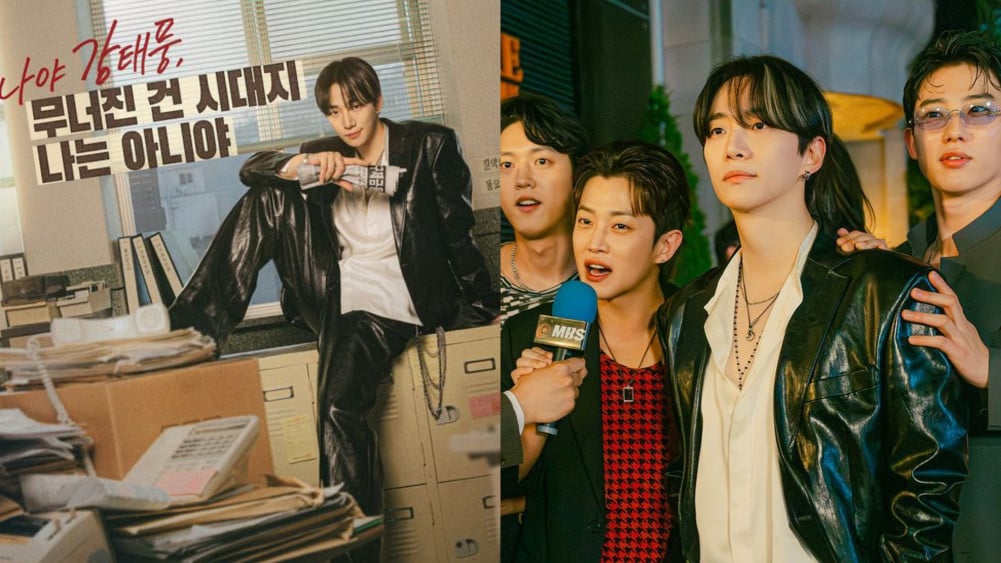
Lee Junho is back with ‘Typhoon Family,’ and fans can’t stop talking about it. The story follows Kang Tae Pung, who is determined to save his father’s small business, Typhoon Trading Company, during South Korea’s worst economic crisis. To save the company from going bankrupt, he steps in as the CEO and struggles alongside his family and employees. Before the crisis, he is depicted as a member of the 'Apgujeong Orange Tribe.’
Only two episodes in, and the 'Apgujeong Orange Tribe' has captured the curiosity of audiences worldwide. Though the term sounds flashy and mysterious, it actually has deep cultural roots in South Korea’s modern history. Let’s delve into the story behind the infamous 'Apgujeong Orange Tribe' and what it represents.
The Emergence of ‘Apgujeong Orange Tribe’
Apgujeong’s distinct identity was formed in the early 1990s as a birth place of the youth cultural phenomenon known as the 'orange tribe,' named after the colour of the subway line that leads to the district. These young people were often sons and daughters of Korea’s economic elite, growing up during the nation’s rapid economic boom in the 1980s. Backed by their parents’ financial success, they embraced a lavish, carefree lifestyle that stood in stark contrast to the conservative values of the older generation and came as a culture shock for many.
Their Lifestyle
The Orange Tribe was about luxury, image, and attitude. Members of this social group were known for riding around in imported cars, showing up to schools and universities in luxury vehicles, studying abroad, flaunting designer fashion labels, and styling their hair in the latest Western trends, from bold dye jobs to voluminous perms. They were regulars at high-end cafés and nightclubs and spent pocket money that often reached into the millions of won. Known for their expensive tastes and wild nightlife, they even gained notoriety for occasional public fights. This social group became the face of Korea’s Generation X consumer culture, symbolising overconsumption, freedom, and growing Western influence.
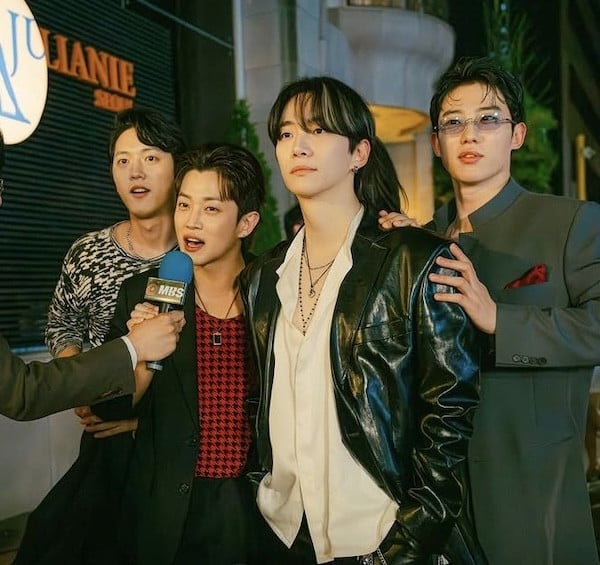
Social Criticism
While the 'Orange Tribe' represented modernity and prosperity, they also became targets of social resentment. Critics accused them of blindly embracing Western culture while neglecting traditional Korean values, flaunting their wealth, and remaining detached from the struggles of ordinary citizens. The backlash reached its peak during the 1997 Asian Financial Crisis, when, as the nation tightened its belt, many of them were studying abroad. The media often portrayed them as out of touch with reality, a stark reminder of the class divide that had grown during Korea’s rapid industrialisation.
Today, the 'Apgujeong Orange Tribe' stands as a nostalgic symbol of Korea’s 90s youth culture, and ‘Typhoon Family’ invites viewers to revisit a fascinating chapter of Korean cultural history.
 SHARE
SHARE
